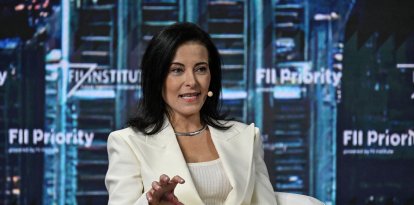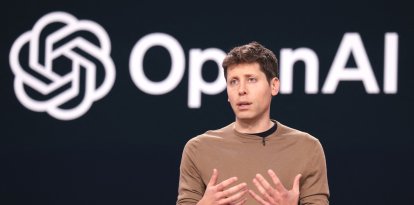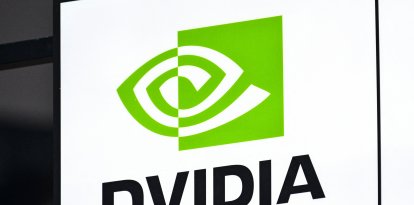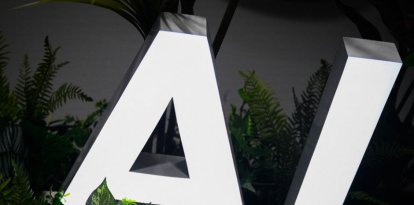Elon Musk presents Tesla's robotaxi: Learn its price and launch date
The model will hit the market a decade after its initial announcement. The technology company also presented its humanoid robot “Optimus” and the passenger transport vehicle “Robovan.”
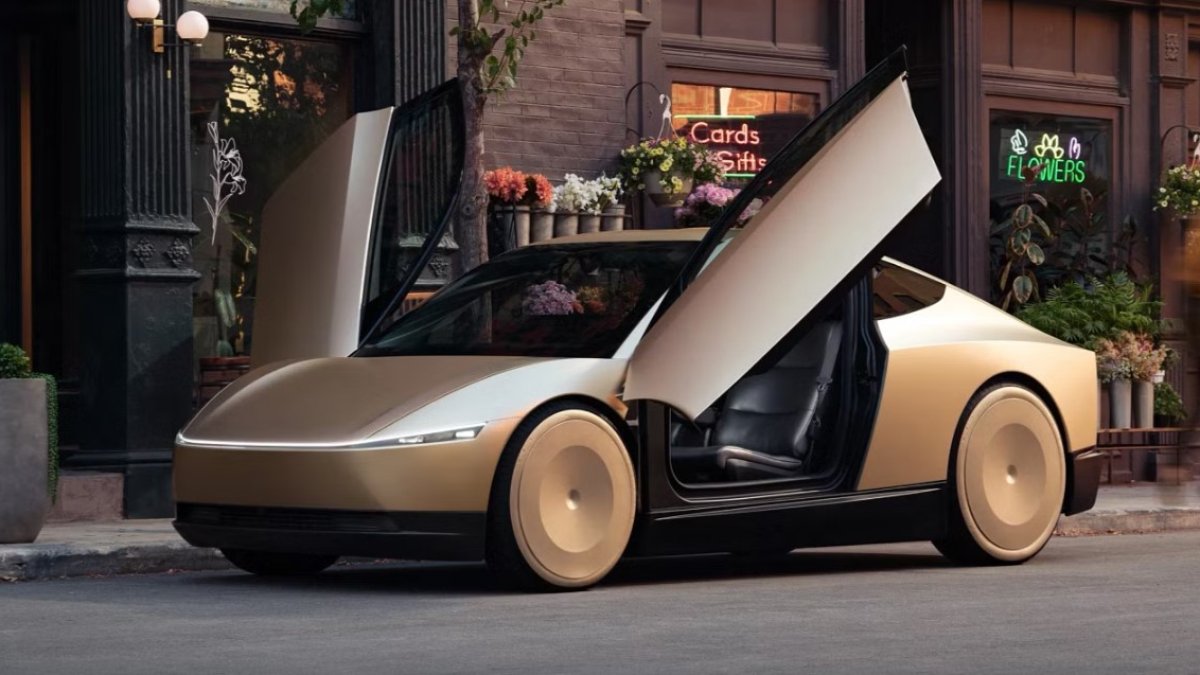
Tesla's robotaxi
(With information from AFP) Elon Musk unveiled Tesla's robotaxi on Thursday, a self-driving car that, will hit the market in 2027, about a decade after the billionaire first promised an autonomous vehicle.
The event, dubbed “We, Robot,” a play on Isaac Asimov's classic science fiction novel “I, Robot,” took place at Warner Bros. Studios near Los Angeles.
The Tesla CEO assured that his car, which has neither a steering wheel nor pedals, will cost under $30,000, will charge wirelessly with induction technology and will be "10 to 20 times safer" than human-driven cars.
"In an autonomous world, the car is like a small living room," he explained to his audience. "They are sitting in a comfortable little living room and they can do whatever they want while they are in this comfortable little living room, and when they get out, they will have reached their destination," the entrepreneur explained in remarks picked up by AFP.
However, he gave few technical details about the vehicle, with upward-opening doors reminiscent of the Delorean from the “Back to the Future” movies.
He said Tesla already has 50 units and expects to begin "fully autonomous and unattended" driving next year in Texas and California with existing models, before moving into production of what he called the "Cybercab."
"I tend to be a little optimistic about timelines," he acknowledged, while assuring that they will begin production "before 2027."
‘Robovan’ and the ‘Optimus’ robot
The presentation, which started almost an hour late, was full of futuristic images, but was vague.
Musk also showed off a large passenger-carrying vehicle he called the "Robovan." This van, which looks like a huge toaster on wheels, has no steering wheel, pedals or driver.
It seats 20 people or can be converted to carry goods, he said. But he did not give details on production timelines.
Musk also unveiled dancing humanoid robots called Optimus that he said will one day be able to perform household chores and provide companionship.
"I think it will be the biggest product ever," he said, adding that the robot would sell, by his estimate, for between $20,000 and $30,000. He also did not provide a timeline, and it was unclear at the presentation exactly what the robot's capabilities are, although it was seen walking through the audience and serving drinks.
Elon Musk and Donald Trump's relationship
Although Musk was once a favorite of the left for his green measures to electrify transportation, for some years now Musk has been the target of progressives. His sin: showing support for the Republican Party and Donald Trump.
Since he bought Twitter, which he renamed X, the South African-born billionaire launched a battle for freedom of speech and openly exposed the establishment's control over major social media platforms. Currently, he devotes time and money to promoting Republican Donald Trump. The latest big boost to Trump's candidacy came last weekend with Musk's appearance at Trump's rally in Butler, Pa., the scene of the first assassination attempt against the Republican candidate.
Robotaxi history and expectations
Tesla supporters and detractors had long been waiting for the unveiling of this robotaxi.
In 2016, Musk claimed that a fully automated car would be a reality within the next two years and a year later envisioned by 2019 a vehicle so safe that the user could even sleep while riding in it.
But many automakers, already operating autopilot programs for some years now, have found that autonomous driving is complex.
While many vehicles today feature limited automation, which in theory allows the driver to relinquish some of the functions to a computer, the person behind the wheel must pay attention and react if the vehicle does something unexpected.
Unlike people, computers are not as good at reacting to unpredictable events or situations they have not encountered before, which is why self-driving vehicles have a history of making decisions that a human never would.
Watch the full presentation of Tesla and Elon Musk's robotaxi here:













